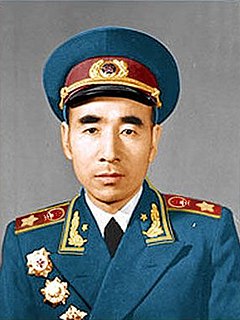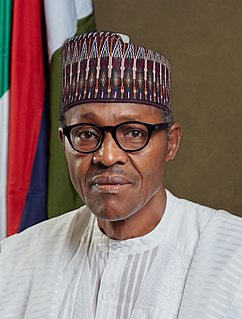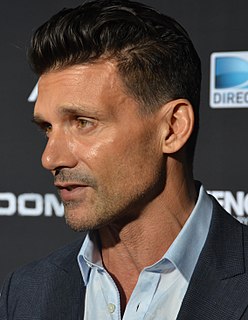A Quote by Susumu Tonegawa
My scientific career has developed on three continents: Asia, Europe and North America.
Quote Topics
Related Quotes
Autumn is much redder in North America and east Asia than it is in northern Europe, and this can't be explained by temperature differences alone. These areas also have a greater proportion of ancient tree lineages surviving: trees have gone extinct at a higher rate in Europe compared with those other areas.
Industrialized countries have disproportionately more cancers than countries with little or no industry (after adjusting for age and population size). One half of all the world's cancers occur in people living in industrialized countries, even though we are only one-fifth of the world's population. Closely tracking industrialization are breast cancer rates, which are highest in North America and northern Europe, intermediate in southern Europe and Latin America, and lowest in Asia and Africa.





































